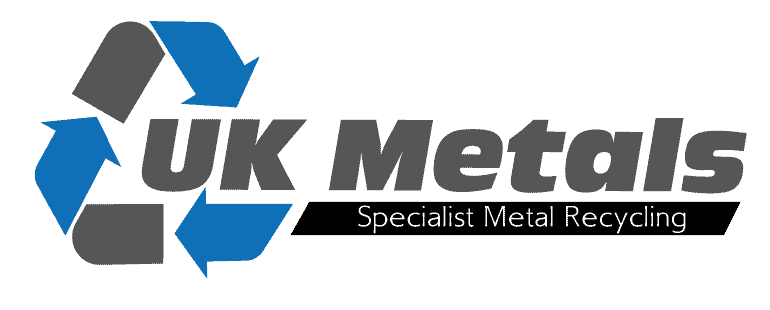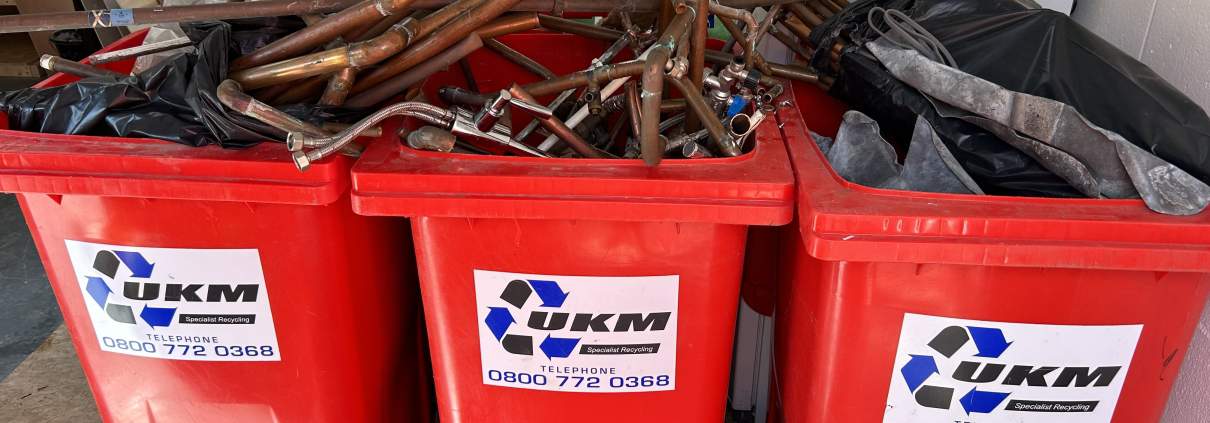A Guide to Scrap Metal Recycling
A Comprehensive Guide to Scrap Metal Recycling
Scrap metal recycling is the process of collecting and processing scrap metal into usable materials. It plays a crucial role in conserving natural resources, reducing pollution, saving energy, and minimizing landfill waste. This guide provides a comprehensive overview of scrap metal recycling, including its benefits, methods, tips, and frequently asked questions.
Understanding Scrap Metal
Scrap metal can be broadly categorized into two types: ferrous and non-ferrous. Ferrous metals contain iron as their primary component, while non-ferrous metals do not. Some common examples of ferrous metals include steel, cast iron, and wrought iron. Non-ferrous metals include aluminum, copper, brass, lead, zinc, and nickel.
Benefits of Scrap Metal Recycling
Scrap metal recycling offers a multitude of benefits, both environmental and economic:
1. Resource Conservation: Recycling scrap metal reduces the need to extract and process new raw materials, conserving precious natural resources like iron ore, copper ore, and bauxite.
2. Environmental Protection: Mining and processing raw materials can lead to significant environmental degradation, including air and water pollution, deforestation, and habitat loss. Recycling scrap metal helps minimize these harmful effects.
3. Energy Efficiency: Producing new materials from raw materials requires substantial energy consumption. Recycling scrap metal, on the other hand, demands significantly less energy, contributing to energy conservation.
4. Landfill Reduction: Scrap metal that ends up in landfills occupies valuable space and can potentially leach harmful substances into the environment. Recycling scrap metal diverts this waste from landfills, preserving land and protecting the environment.
5. Economic Growth: The scrap metal recycling industry generates employment opportunities in various sectors, including collection, transportation, processing, and manufacturing, contributing to economic vitality.
Methods of Scrap Metal Recycling
There are several ways to recycle scrap metal, allowing individuals and businesses to participate in this sustainable practice:
1. Scrap Yards: Scrap yards are commercial establishments that purchase scrap metal from individuals and businesses. They categorize, process, and sell the scrap metal to various industries, such as steel mills, refineries, and manufacturers.
2. Online Scrap Metal Brokers: Online platforms connect individuals and businesses with scrap metal buyers, facilitating transactions and providing market information. This method offers convenience and access to a wider range of buyers.
3. Community Scrap Metal Drives Community organizations often host scrap metal drives, providing a convenient way for residents to collectively contribute to recycling efforts. These drives often benefit local charities or environmental causes.
Tips for Effective Scrap Metal Recycling
To maximize the effectiveness of scrap metal recycling, consider these tips:
1. Segregation: Separate ferrous metals from non-ferrous metals to enhance the value of your scrap metal and simplify the recycling process.
2. Non-Metal Removal: Remove any non-metal materials like plastic, rubber, or wood from your scrap metal to ensure proper processing and avoid contamination.
3. Size Reduction: Cut larger scrap metal pieces into smaller, manageable sizes for easier transportation and handling.
4. Identification: Familiarize yourself with different types of scrap metal to accurately identify and categorize your materials.
5. Safety Precautions: Wear protective gear, such as gloves and safety glasses, when handling scrap metal to prevent injuries.
Frequently Asked Questions (FAQs)
1. What types of scrap metal can be recycled? A wide range of ferrous and non-ferrous metals can be recycled, including aluminium, brass, copper, lead, nickel, steel, and cast iron.
2. How do I prepare my scrap metal for recycling? Segregate ferrous and non-ferrous metals, remove non-metal materials, cut larger pieces into smaller sizes, and identify the types of scrap metal.
3. Where can I recycle scrap metal? Scrap yards, online scrap metal brokers, and community scrap metal drives are common options.
4. What can I expect to be paid for my scrap metal? The price of scrap metal fluctuates based on market conditions, metal type, and weight. Ferrous metals generally have a lower value than non-ferrous metals.
5. Are there any environmental considerations when recycling scrap metal? Reputable scrap metal recyclers adhere to environmental regulations and employ responsible practices to minimize environmental impact.
Conclusion
Scrap metal recycling is an essential practice that contributes to environmental sustainability and resource conservation. By understanding the benefits, methods, and tips, individuals and businesses can actively participate in this responsible disposal of scrap metal, reducing their environmental footprint and promoting a more sustainable future.



